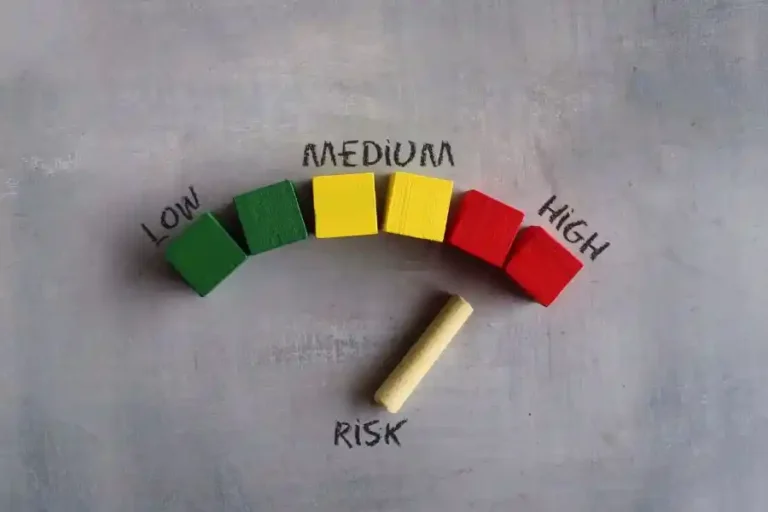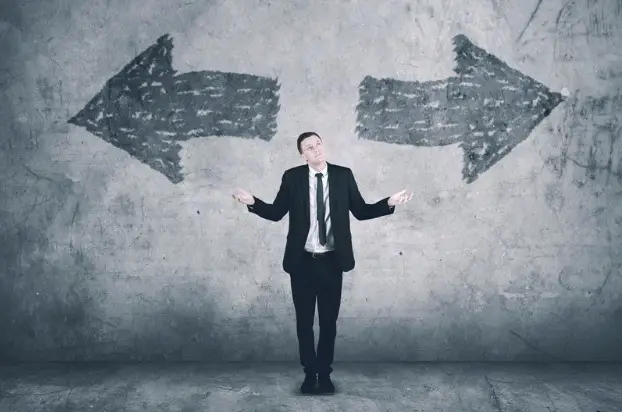Supporting LGBTQ Rights Through Legal Challenges
Various legal battles over the years have significantly shaped the landscape of LGBTQ+ rights. Cases like the monumental victories achieved in courtrooms have protected individuals and influenced public sentiment and policy. These legal challenges are often the only means by which marginalized communities can seek justice and protection from discriminatory practices that permeate many facets of life.
Examining the history and outcomes of such challenges reveals the judiciary’s pivotal role in advancing human rights. These decisions often set precedents that ripple through society, fostering a more inclusive environment. When courts make rulings that uphold the dignity and equality of LGBTQ individuals, they send a strong message that discrimination will not be tolerated, thereby encouraging a societal shift towards greater acceptance.
Landmark Cases That Changed the Game
Several landmark cases have paved the way for greater acceptance and legal protections for the LGBTQ community. For example, Bostock v. Clayton County was a significant Supreme Court decision that cemented the prohibition of employment discrimination based on sexual orientation and gender identity. This ruling has had a profound impact on workplace fairness across the nation. Employees now have a legal backbone to challenge discriminatory acts by employers, thus contributing to a more equitable work environment.The continuous fight for LGBTQ+ rights remains crucial in ensuring that all individuals are treated equally under the law. Another critical case was Obergefell v. Hodges, which granted the right to marriage for same-sex couples. This decision provided legal recognition and played a crucial role in normalizing LGBTQ relationships in the public eye, fostering a more accepting society. It marked a monumental step towards equality, giving same-sex couples the same legal responsibilities and protections afforded to their heterosexual counterparts, thereby enriching the social fabric of communities across the nation.
The Role of Advocacy Groups
Advocacy groups play a crucial role in supporting these legal challenges. They provide essential resources, research, and legal representation to individuals facing discrimination. Their work ensures that cases are well-prepared and that the voices of the marginalized are heard in court. These organizations often drive significant legal victories by mobilizing communities, lobbying for legislative changes, and providing pro bono legal assistance to those in need.
Organizations such as the ACLU and Lambda Legal are at the forefront of this battle. They work tirelessly to ensure that rights are upheld and that injustices are addressed swiftly and effectively. Moreover, their educational efforts help raise awareness about the legal rights of LGBTQ individuals, thereby empowering the community to stand up against discrimination and advocate for themselves.
Beyond the Courtroom: Social Impact
The outcomes of these cases extend beyond the courtroom and influence societal attitudes. For instance, the decision in Obergefell v. Hodges not only granted the right to marriage for same-sex couples but also played a crucial role in normalizing LGBTQ relationships in the public eye. As same-sex marriages became more common, public perception began to shift, leading to broader acceptance and support for LGBTQ individuals.
These legal victories often lead to increased visibility and acceptance of LGBTQ individuals in various sectors of life, including workplaces, schools, and communities. They serve as a reminder of the progress made and the work that still needs to be done. Legal precedents help dismantle institutional barriers, ensuring that LGBTQ individuals can live openly and authentically without fear of reprisal or discrimination.
Current Challenges and Ongoing Efforts
Despite significant progress, challenges remain. Transgender individuals, in particular, face ongoing legal battles related to healthcare, military service, and public accommodations. Continuous effort is required to address these issues and ensure equality for all members of the LGBTQ community. Transgender individuals are often subjected to discriminatory practices, ranging from denial of essential healthcare services to barriers in accessing gender-affirming treatments.
Organizations and activists are working tirelessly to tackle these issues head-on. Their efforts are crucial in pushing for more comprehensive protections and ensuring everyone can live freely and authentically. Legislative measures such as the Equality Act aim to provide universal protections against discrimination, but the fight for their implementation and enforcement is ongoing.
How Individuals Can Support
Support for LGBTQ rights doesn’t have to be limited to legal professionals and advocacy groups. Individuals can contribute by staying informed, participating in local activism, and supporting organizations that work towards equality. Engaging with the community and advocating for inclusive policies at local levels also create significant change. Being an ally involves more than just supporting from the sidelines; it requires proactive engagement and a commitment to equality.
Attending rallies, signing petitions, and using social media to raise awareness are just a few ways individuals can make a difference. Every voice counts in the fight for equality. By participating in these efforts, individuals contribute to a more significant movement and help create an inclusive environment in their communities, workplaces, and schools.
The Future of LGBTQ Rights
The journey towards full equality for the LGBTQ community is ongoing. It requires vigilance, support, and continuous advocacy. By understanding the importance of legal cases and staying engaged in the fight for justice, everyone can play a part in fostering a more inclusive society. The momentum generated by past victories provides hope and a roadmap for future endeavors, but it also highlights the areas where significant work remains to be done.
As more people join the cause and more victories are achieved in courtrooms, the vision of a truly equitable world becomes closer to reality. The future holds promise but demands unwavering dedication from all who believe in justice and equality. It is essential to continue advocating for systemic changes and holding institutions accountable to ensure that the rights of LGBTQ individuals are respected and upheld.
Conclusion
Legal challenges are a cornerstone in the advancement of LGBTQ rights. The victories achieved through the judiciary provide immediate relief to individuals and contribute to long-term societal change. Society moves closer to achieving true equality and justice by supporting these efforts. Every legal victory sets a precedent that paves the way for more inclusive policies and greater acceptance, ultimately leading to a more equitable society.






